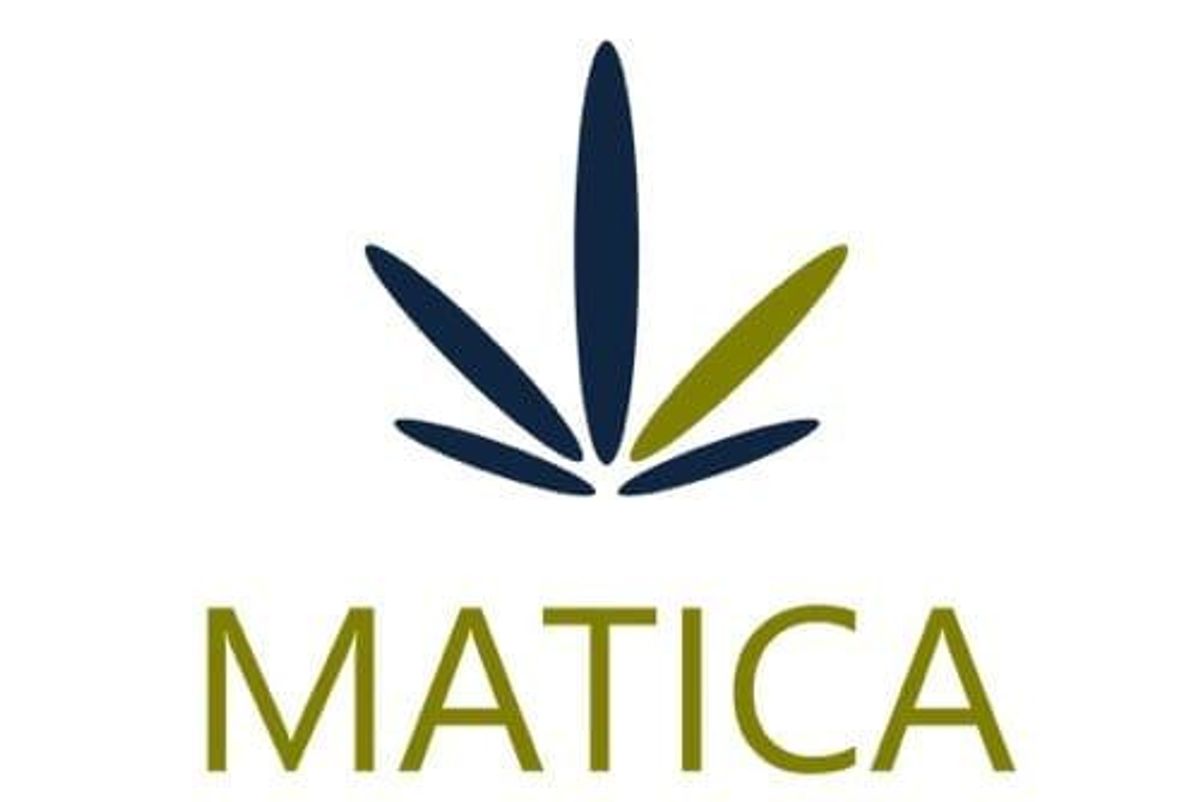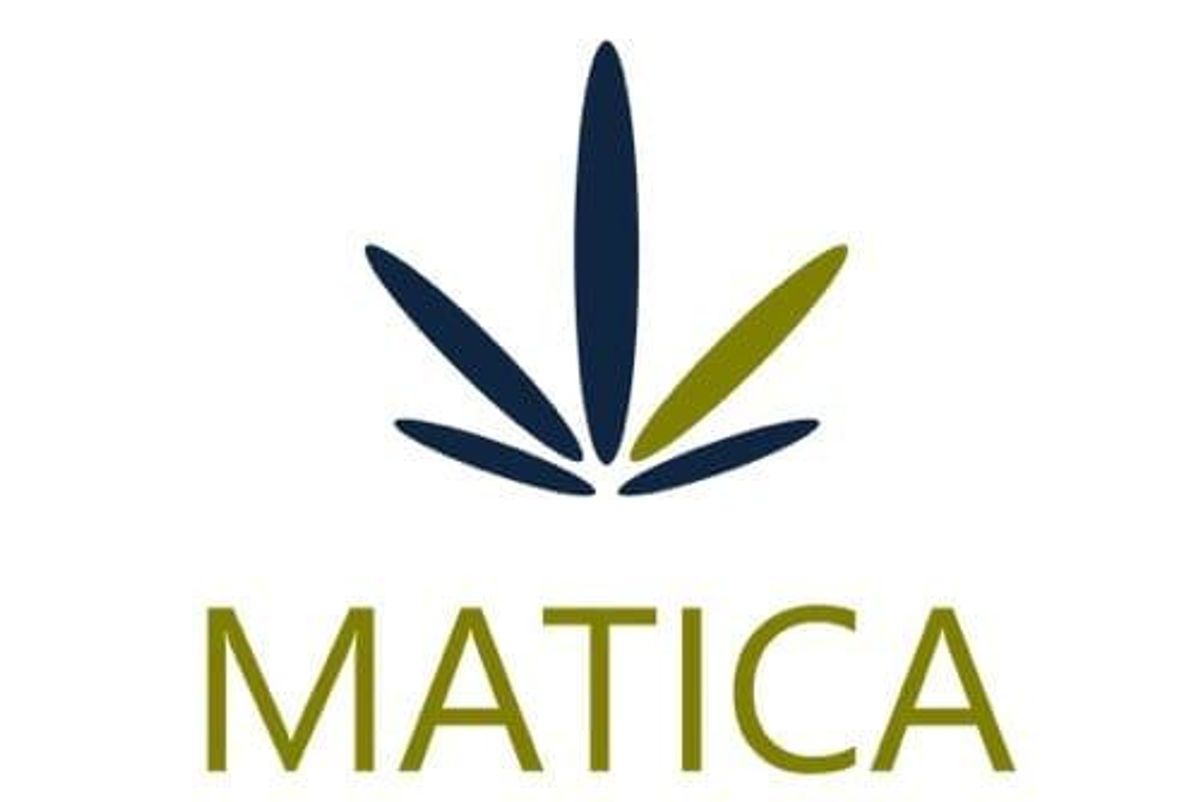
Matica Enterprises Inc. (CSE: MMJ) (FSE: 39N) (OTCQB: MMJFF) ("Matica" or the "Company") is pleased to announce that Matica subsidiary, RoyalMax Biotechnology Canada Inc. ("RoyalMax"), has forwarded its first shipment of cannabis to retailers in the Province of Saskatchewan.
"OUESTTM cannabis has been well received in Manitoba and we are please to provide a similar level of innovative premium flower products to our Saskatchewan consumers," says Matica CEO Boris Ziger. "Over the coming months, we hope to have our product in more Provinces."
The Company further reports that a 1,000,000 stock option have been granted to a director exercisable at $0.05 for five years from date of grant.
About Matica
Matica is a multi-faceted, innovative company in the Quebec cannabis space. Its subsidiary, RoyalMax Biotechnology Canada Inc. is a Dorval, Quebec based Health Canada Licence Holder with standard cultivation licence, standard processing, medical sales and sales licences. Matica continues to work with Yunify Natural Technologies, a Quebec based health and personal care research and innovation company to develop proprietary products for Matica and RoyalMax, including topicals and ionic mists. Through its acquisition of Trichome Treats, an award winning chocolatier, Matica and RoyalMax intend on introducing edibles into the RoyalMax product mix.
For more information on Matica Enterprises please visit the website at: www.maticaenterprises.com.
On behalf of the Board of Directors
Matica Enterprises INC.
Boris Ziger
Boris Ziger, CEO & Chairman
The Company's public filings are available for review at www.sedar.com and www.thecse.com.
For further information, please contact Boris Ziger, at:
Telephone: 416-304-9935
E-mail: info@maticaenterprises.com
Website: www.maticaenterprises.com, www.maticammj.com
Disclaimer for Forward-Looking Information
Certain information in this press release may constitute forward-looking information. This information is based on current expectations that are subject to significant risks and uncertainties that are difficult to predict. Actual results might differ materially from results suggested in any forward-looking statements. The Corporation assumes no obligation to update the forward-looking statements, or to update the reasons why actual results could differ from those reflected in the forward looking-statements unless and until required by securities laws applicable to the Corporation. Additional information identifying risks and uncertainties is contained in the Corporation's filings with the Canadian securities regulators, which filings are available at www.sedar.com.
This news release contains statements about the Company's information that may be made available on the S&P Capital IQ Corporation Records Listing Program and the business of Matica that are forward-looking in nature and as a result, are subject to certain risks and uncertainties. Although the Company believes that the expectations reflected in these forward-looking statements are reasonable, undue reliance should not be placed on them as actual results may differ materially from the forward-looking statements. The forward-looking statements contained in this news release are made as of the date hereof, and the Company undertakes no obligation to update publicly or revise any forward-looking statements or information, except as required by law.
Neither the Canadian Securities Exchange nor its Market Regulator (as that term is defined in the policies of the Canadian Securities Exchange) accepts responsibility for the adequacy or accuracy of this release. We seek Safe Harbor.

To view the source version of this press release, please visit https://www.newsfilecorp.com/release/73472
